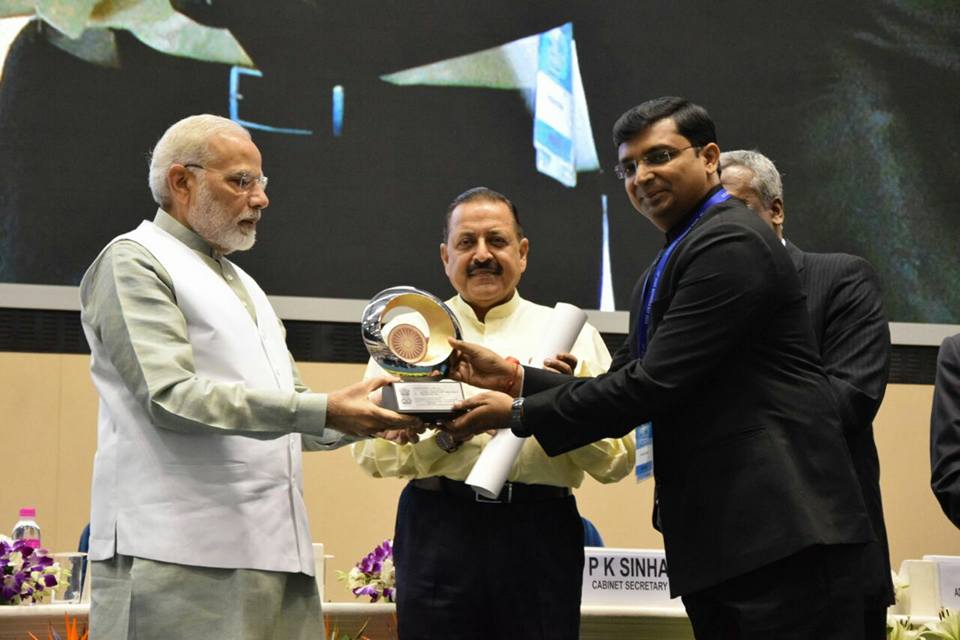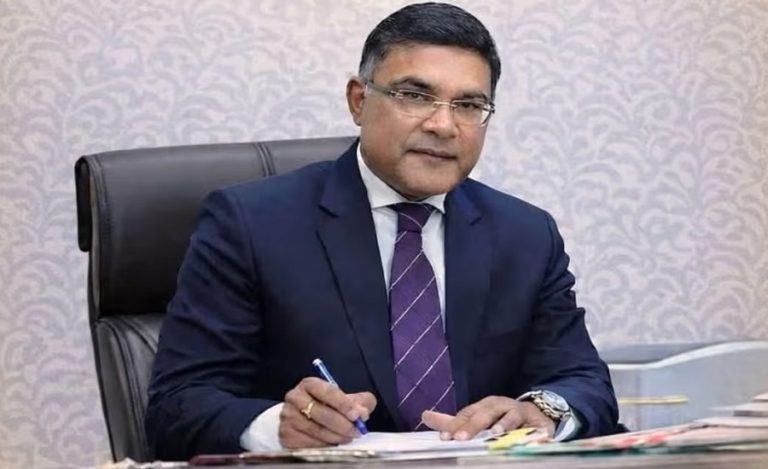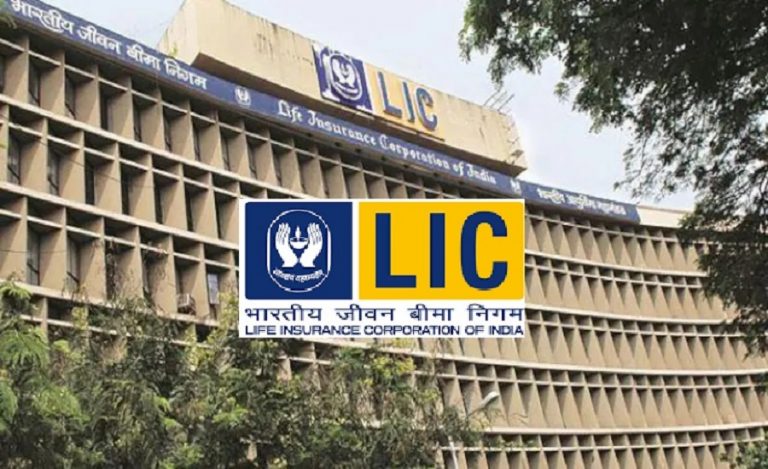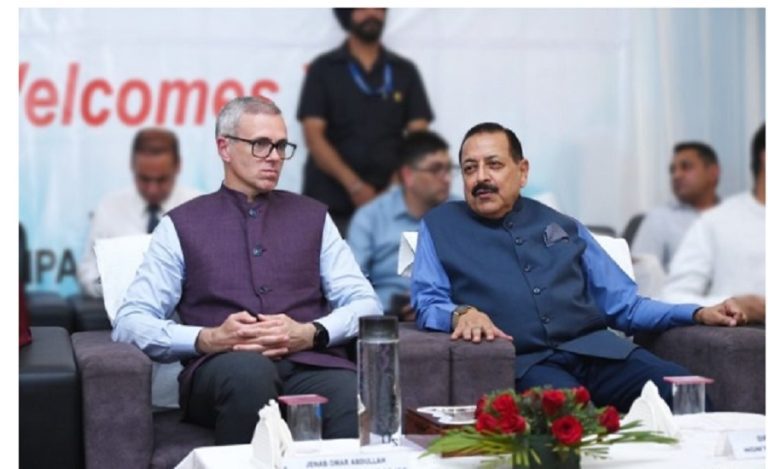After Covid-induced lockdowns disrupted our lives and hit the economy, everyone suffered in some way or the other. If someone lost a loved one, someone else lost their livelihood.
While a general state of despondency had set in, a district in Bihar started exploring innovations and moving towards a startup culture, mainly to help all those workers who had returned to their hometowns and villages during the first nationwide lockdown.
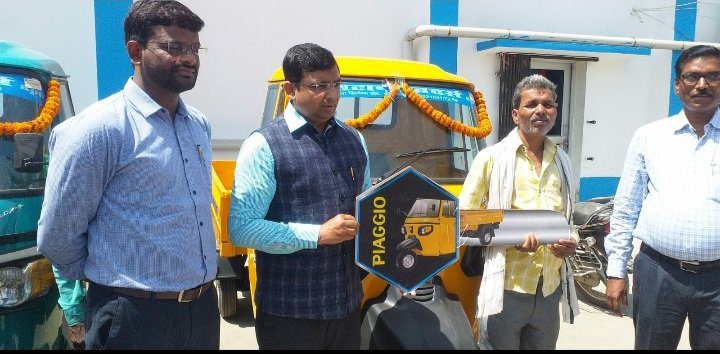
As a humanitarian crisis was looming large, District Collector of West Champaran, Mr. Kundan Kumar, rose to the occasion and started developing an ecosystem for startups to create opportunities for the workers and turn them into owners of their own business.
During a conversation with Indian Masterminds, the officer talked about his initiative of finding opportunity in calamity, in detail.
WHAT LED TO IT
During the first lockdown, thousands of people moved backed to their native places. Every day, 8-10 thousand people used to arrive in Champaran by special trains. In West Champaran alone, more than a lakh people returned.
“Their source of livelihood was almost finished. All of them were shattered and hopeless. So, we decided to first find out what they used to do, and accordingly get them engaged in their native place,” Mr. Kumar said.
Beautiful CAD Embroidary work @Startupzone chanpatia.@startupindia @minmsme @TexMinIndia @IPRD_Bihar pic.twitter.com/nbXGHxafDl
— Kundan kumar IAS (@ias_kundan) December 29, 2021
With this thought in mind, he visited a quarantine zone in Majhauli block in the district. During the interaction, he found out that most of them were doing jobs related to jeans production.
“To my utter surprise, from raw material procurement to production and marketing, people from every vertical related to jeans production were available in the camp. May be because one person from a village went to the place and then called others to join him.”
SKILL MAPPING EXERCISE
On #WorldMenstrualHygieneDay we really appreciate the efforts of a young entrepreneur to setup a Sanitary Napkin Production Unit at #StartupZoneChanpatia with the help of District Admin. to promote menstrual hygiene and provide jobs too @MinistryWCD @startupindia @MSDESkillIndia pic.twitter.com/vuRMC5n89E
— Kundan kumar IAS (@ias_kundan) May 28, 2021
After this visit, Mr. Kumar called a meeting with his staff and decided to do a skill-mapping exercise of every individual in the quarantine camp. The team did that and created a digital database.
Footwear Production by our Returnee Workers @Startupzone Chanpatia. @minmsme @startupindia @IPRD_Bihar pic.twitter.com/UnKjhS3wue
— Kundan kumar IAS (@ias_kundan) December 29, 2021
“When we got the list, our team categorised the kind of work that can be started in the district. The identified categories were textile and apparel, leather work and wood craft (bat etc.). All of these people were highly skilled, technically sound, and were the backbone of the place they used to work.”
UDYAMI MITRA MANDAL
The next step was to keep all of them in touch. Pointing out the importance of this step, the officer said, “Those people were to leave the camp in 14 days. It would have been difficult for us to keep them in touch. So, we made few Udyami Mitra Mandal with 8-10 (most energetic) people from every camp, keeping the categories in mind.”
After this was done, a meeting was called with the members of the Udyami Mitra Mandals. In the first meeting, 33 people attended.
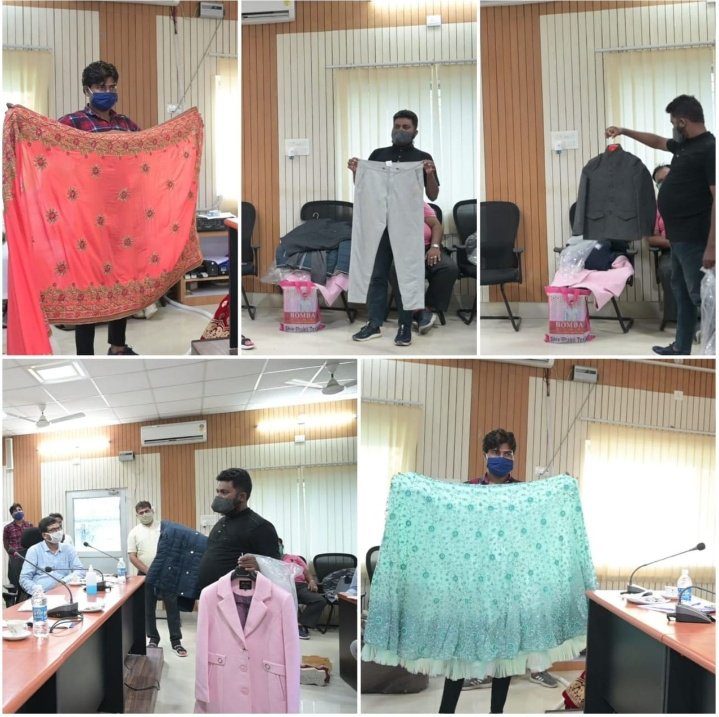
“One came on a bike from Jaipur hearing that some startups are going to be launched in the district. We discussed with them the possibility of starting production in the district with all the manpower we have. Their requirements were also discussed, and we told them to talk to their previous owners about setting up the production unit here.”
The first requirement was a place to start a unit. Mr. Kumar said that at first, they thought the MNREGA Bhawans will be enough for them, but when he saw the machines, he had to look for other places.
“A single machine of computer-added embroidery was of around 40 ft.”
The district administration then offered them the unused godowns of SFCs, which were quite spacious.
SINGLE POINT OF CONTACT
Rather than providing a single window for completing all the formalities to set up the units, Mr. Kumar introduced a single point of contact (SPOC ) system. Every entrepreneur or group was attached with one officer from the administration who acted like the SPOC for them and provided end-to-end help, till the production started. Senior Deputy Collector, Ms. Subhasni, was SPOC for the ones who wanted to produce sanitary napkins. Similarly, the current SDM, Biharsharif, Kumar Anurag, helped the migrants who came from Anantnag and wanted to make bats.
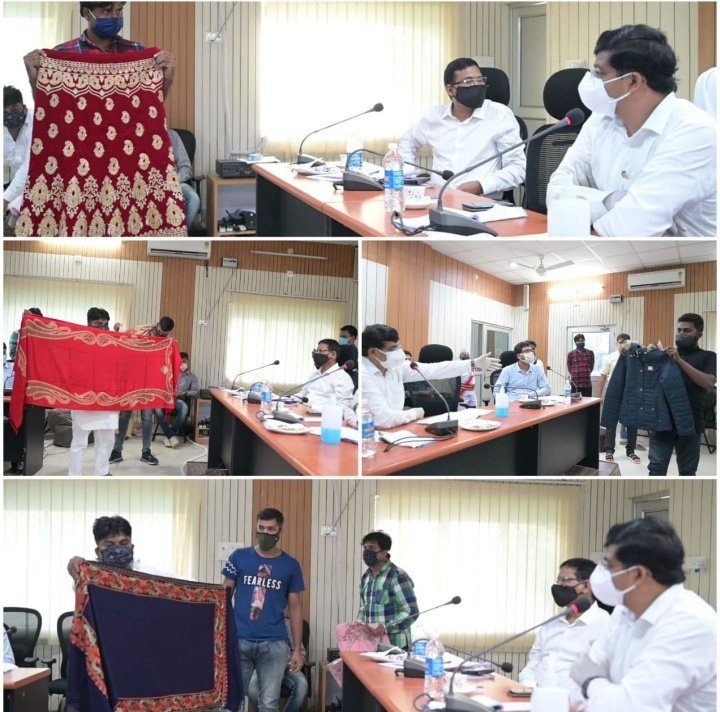
FINANCIAL HELP
Since every programme needs money to start running, the biggest issue was funds. The district administration wanted to help them by providing loans under the PMEGP (Prime Minister Employment Generation Program). However, the banks were, at first, sceptical to provide the loans. Mr. Kumar and his team had to do several meetings with the banks before being able to persuade them. Thereafter, several loan melas were organised.
“We were able to provide loans of around 4-5 crores. The usual PMEGP loans used to take at least a year time to get passed, but, here, we assisted in providing it within a fortnight.”
Various machines were imported from outside the country as well, and the district administration secured the 24-hour industrial electricity supply for them, and the production started. The first startup zone, with 57 startups, is functional in Chanpatia and there are 100 others working outside the zone. The administration is planning to develop other clusters in the Tharu tribal area and Ramnagar block.
BIG ACHIEVEMENT
Thousands of jackets, leggings, footwears, utensils, bats, etc., are being exported from the startup zone. Even Kashmiri shawls and Banarasi sarees are being send to Kashmir and Varanasi from the zone. Most of the entrepreneurs have paid back their loans. Recently, 14 power looms have also been started in the zone. And now, they don’t have to buy raw materials from anywhere else.
“We have also started a service centre for the repairing of all the machines in the zone. I am glad that we could initiate the culture of startup in the district, and now it has taken off in a big way. Tech startups like Agri Dhan app, Ease my Salon, Valmiki Yatra and Near Me shops are prime examples,” said Mr. Kumar in conclusion.

